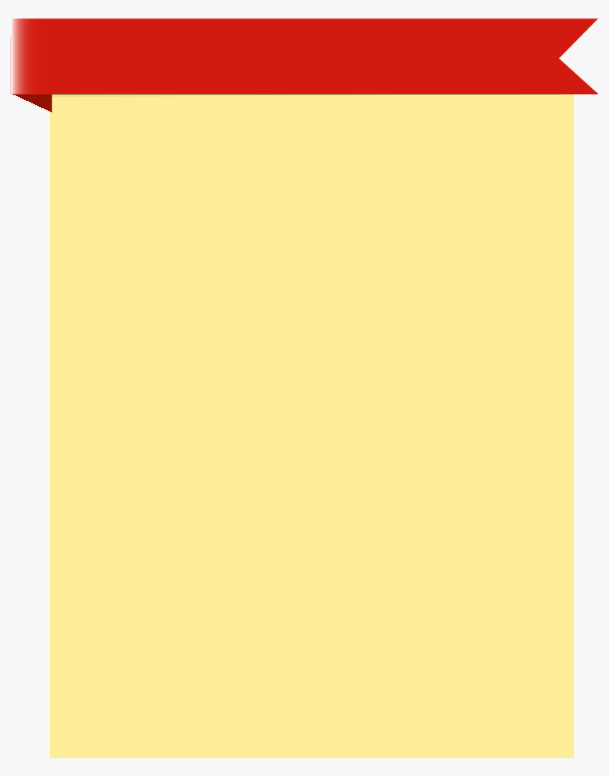What you need to Know about Homeowners Insurance
Homeowners Insurance, which is required when you purchase a home, protects your home and possessions against damage or theft. There’s no one-size-fits-all coverage, so you’ll need to navigate a variety of options and carefully read the insurer’s documents before choosing a policy. We’ve put together this guide to help you understand the fundamentals of a Homeowners Insurance policy so you can make an informed decision on how to best protect your home.
The Many “Perils” of Coverage
Most insurance policies will include a list of “perils” that define the boundaries of damage covered by the insurer. A “peril” is a source of damage that can result in personal inconveniences and expensive repairs. Perils can include lightning, theft, falling objects, ruptured pipes, or natural disasters. Should your home suffer some form of damage, the type of damage will determine whether your insurance policy will cover the resulting expenses.
Your policy will have a list of perils that are either included or excluded, depending on the type of policy you’ve selected. HO-1 (Basic Form) and HO-2 (Broad Form) are types of Homeowners Insurance that will list included perils. That means that the insurance company will only cover specific types of damage listed on the policy.
There are also policies that list excluded perils, instead of included perils, such as HO-3 (Special Form), HOB and HO-5 (Comprehensive Form).
It is extremely important to familiarize yourself with the relevant list of perils and choose the kind of coverage that you’re most comfortable with. There are events that most standard Homeowners Insurance policies won’t cover, such as flooding, earthquakes and damage caused by pets.
What’s Covered?
- Coverage A: Damage to House
Also known as “Dwelling Insurance,” this covers the structure of your home – from the foundation to the roof and all the critical components that make your house a safe place to shelter from the elements. Your Coverage A amount should equal the potential cost of rebuilding your home from the ground up. - Coverage B: Other Structures
This section of the policy covers your fence, driveway, swimming pool, shed and other structures that aren’t part of your home. Carry an amount of Coverage B that is at least 10 percent of your Coverage A value. Ask your Insurance Agent about any exclusions or limitations that might relate to your home. - Coverage C: Personal Property
Coverage C provides financial protection for the valuable belongings in your home. Damage to or loss of electronics, antiques, furniture and clothing can be covered under this section of your policy. You can customize the amount of Personal Property coverage to match the value of your possessions. - Coverage D: Additional Living Expenses
Also known as “Loss of Use” insurance, this pays for unexpected living expenses when a covered peril forces you out of your home. These expenses include a hotel stay, dining and boarding pets. - Coverage E: Personal Liability and Coverage F: Medical Expenses
These sections are beneficial if a person accidentally suffers an injury while on your property. Coverage E is directed toward protecting your finances should you face a lawsuit, whereas Coverage F is designed to avoid lawsuits by covering medical bills for minor injuries.
Optional coverage
There are also a variety of optional insurance policies to cover items not on your standard policy. Popular forms of optional coverage include flood, earthquake, and replacement cost. You may want to purchase additional coverage for certain valuables if you own jewelry, art or collectibles worth more than the special coverage limits listed under the Personal Property section of your policy.
This guide will help you find the right Homeowners Insurance policy. Remember to always work with a reputable insurance company, ask your agent questions, read all the fine print carefully and check the math before signing the paperwork. Don’t forget to ask your Insurance Agent about possible safety upgrades that could lower your premium.












